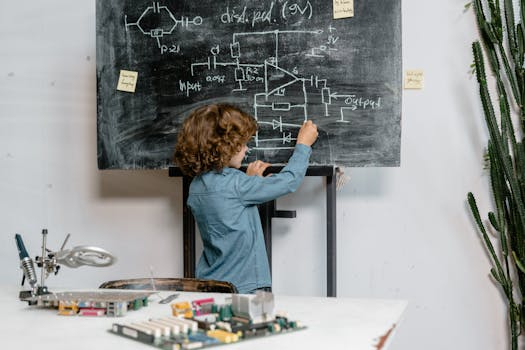Transformative Educational Experiences
Education has long been viewed as a fundamental part of human development, with the potential to shape individuals and societies for the better. However, traditional educational experiences often focus solely on the acquisition of knowledge and skills, disregarding the transformative power that education and learning can have on individuals. In recent years, there has been a growing emphasis on the need for transformative educational experiences, ones that go beyond rote memorization and instead foster personal growth and social change. In this article, we will explore what transformative educational experiences are, why they are essential, and how they can be implemented in educational institutions.
What are Transformative Educational Experiences?
Transformative educational experiences are those that challenge individuals to critically examine their beliefs, values, and perspectives and encourage them to actively engage with and question the world around them. These experiences go beyond traditional learning and aim to foster personal growth, social consciousness, and active citizenship.
The Importance of Transformative Educational Experiences
In today’s world, where rapid technological advancements and societal changes are constant, traditional forms of education may not equip individuals with the skills and knowledge necessary to navigate and thrive in a rapidly evolving landscape. Transformative educational experiences can bridge this gap by developing critical thinking, problem-solving, and adaptability skills, which are essential for success in the 21st century.
Moreover, transformative educational experiences can also promote emotional intelligence, empathy, and self-awareness, which are crucial for personal growth and positive relationships. By encouraging individuals to critically reflect on their experiences and perspectives, these experiences can also foster open-mindedness, tolerance, and respect for diversity, creating a more inclusive and understanding society.
Implementing Transformative Educational Experiences
There are various ways in which educational institutions can incorporate transformative experiences into their curriculum and learning methods. One approach is through experiential learning, where students engage in hands-on experiences, such as community service, internships, or project-based learning, to apply their knowledge and skills in real-world settings and actively reflect on their experiences.
Another way is through the incorporation of critical pedagogy in teaching methods, where students are encouraged to question dominant paradigms and ideologies and engage in critical dialogue and reflection. This approach promotes not only critical thinking but also active citizenship and social change.
Finally, educational institutions can also foster transformative experiences by creating a supportive and inclusive learning environment, where students feel safe to share their perspectives, engage in dialogue, and learn from one another’s diverse backgrounds and experiences.
The Benefits of Transformative Educational Experiences
The impact of transformative educational experiences can extend far beyond the classroom. By fostering personal growth, social consciousness, and active citizenship, these experiences can equip individuals with the skills and mindset to be agents of positive change in their communities and society at large. They can also promote lifelong learning, as individuals are more likely to seek out diverse experiences and continue to explore and challenge their beliefs and perspectives.
Moreover, transformative educational experiences can also have a positive impact on mental health and well-being. By promoting self-awareness and emotional intelligence, individuals can better understand and manage their emotions and develop healthy coping mechanisms, leading to improved mental and emotional well-being.
Conclusion
Transformative educational experiences are crucial in today’s society, where constant change and complexity demand more than just knowledge acquisition. By promoting critical thinking, personal growth, and social consciousness, these experiences can equip individuals with the skills necessary to navigate and positively contribute to an ever-changing world. Educational institutions must recognize the importance of incorporating transformative experiences into their curriculum and teaching methods to prepare individuals for the challenges and opportunities of the 21st century.







